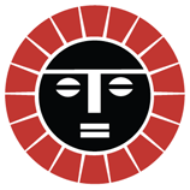Project Name:
Targeting the genital microbiota to reduce HIV susceptibility in African/Caribbean women
Funding Dates:
2018 - 2020
Status:
Ongoing
Principal Investigators:
Rupert Kaul
Description:
An important determinant of a woman's risk of acquiring HIV after an exposure during sex is the presence of inflammation in the genital tract, and although sexually transmitted infections (STIs) can cause inflammation, the types of bacteria present in the vagina even without an STI (called the vaginal microbiome) can too. A microbiome that has low numbers of bacteria called "lactobacilli", and instead has a range of other bacteria, is associated with more inflammation - and sometimes causes symptoms and is diagnosed as a condition called bacterial vaginosis (BV). Unfortunately, both this type of microbiome and BV itself are more common in ACB women. While it seems that treating BV should reduce HIV risk, we recently made the unexpected finding it increased some genital immune factors that enhance HIV risk. Furthermore, we saw that the types of lactobacilli that tend to be more common in ACB women (Lactobacillus iners) caused more inflammation than a different species (called Lactobacillus crispatus). This suggests that it may not be enough to simply treat BV, but that it may be necessary to restore an L. crispatus-predominant vaginal microbiome.
Purpose and Objectives:
We propose three main aims: 1) A much more detailed clinical study of BV treatment in Toronto ACB women with BV will help us to really understand the impact on genital immune factors that increase HIV risk. 2) To assess the effect of these different bacteria on genital cells in the test tube. This allows us to exclude the possible effects of other genital bacteria, recent sex and so on. 3) A long-term collaborator at UCSF is running a clinical trial of an L. crispatus probiotic, and he is storing genital swabs. This will let us compare immune changes after BV treatment in women who restore an L. iners-predominant microbiome vs. one with L. crispatus, and also the potential impact of this new probiotic.
Method:
Population:
ACB women
Region:
Toronto, ON
Start and End Date:
2018 - 2022
Results:
Project Indicators and Outcomes:
Funding Sources:
CIHR

